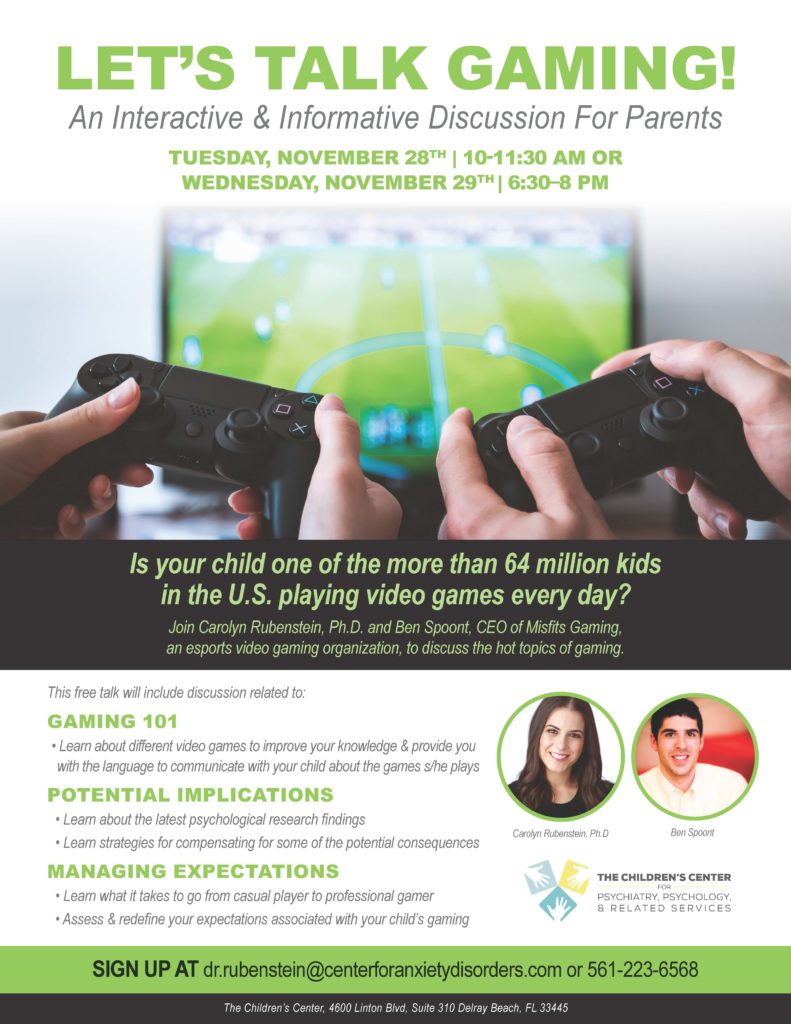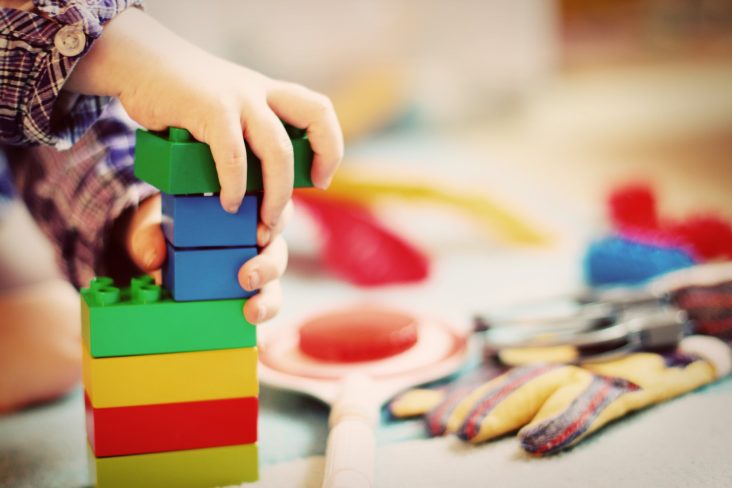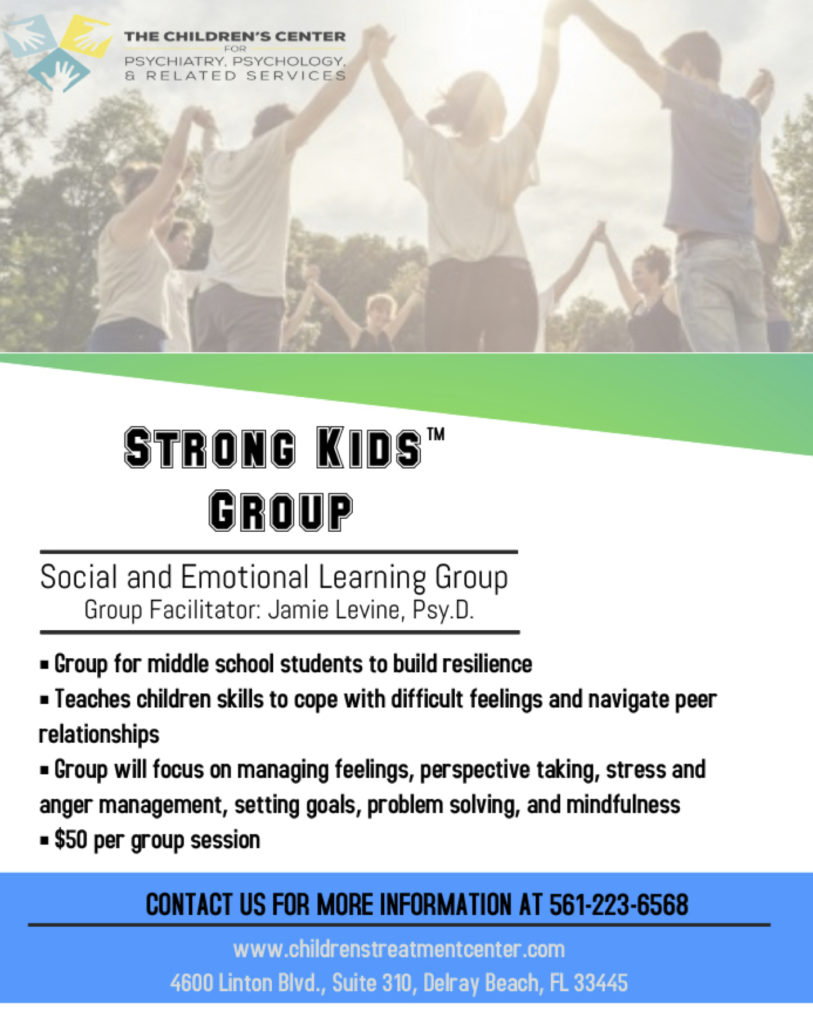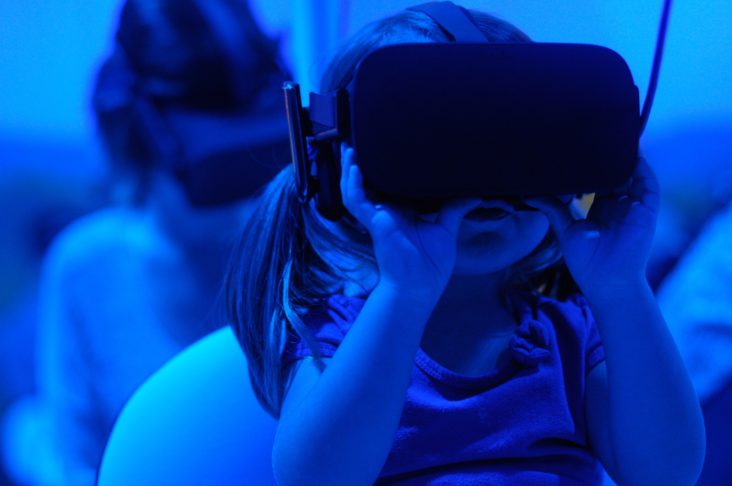Sometimes it isn’t easy to go through childhood. There’s a big, scary world out there and new activities or experiences can often bring up anxiety in children. But, what if there was a way for your child to experience a new scenario in a safe, nurturing way so they could reduce their anxiety before taking part in the activity? Enter virtual reality apps. The growing field of virtual reality therapy is combining cognitive behavioral therapy (CBT) and in-vivo exposure therapy in a fun way – on a powerful and engaging game-like platform that children can easily relate to.
How Can VR Apps Help My Child?
The Children’s Center’s innovative Giant Leap app is great example of a high-tech solution that gives kids control over their fears. Giant Leap and other VR apps can be used in a variety of scenarios, such as:
- Helping to reduce school anxiety
- Addressing the child’s concerns before a visit to the doctor
- Calming their separation anxiety when staying home with a babysitter
For example, one child might be apprehensive about classroom interaction in school, while another may worry about an upcoming medical procedure, such as getting an MRI. Both kids could conquer their fears by watching exposure stories on the app, which will show them what to expect from the upcoming experience.
VR apps can also be used to manage behaviors and teach your child emotional regulation techniques. Featuring customizable avatars that can be configured to match your child’s hair color, style, and skin tone (and can even use a photo of your child), these entertaining virtual reality apps encourage independence and motivate kids through stories, videos, and flexible charts and reward systems.
How Effective Are Virtual Reality Apps?
Studies are showing that virtual reality apps amplify the areas of the brain that are related to attention and control. The result is that children:
- Strengthen their daily living skills
- Learn emotional regulation techniques
- Report having more control when faced with real-life issues
Animated stories like the ones provided on the Giant Leap app gradually expose the child, via their avatar, to the scenario they are worried about (for example: visiting the dentist). Kids work through one scene at a time, at their own pace, until they are ready to move forward to the next one on their own. These meaningful, close-to-life scenarios offer immediate feedback, which greatly enhances the child’s ability to cope under stress.
Furthermore, positive behavior can be learned and reinforced through virtual reality apps and tailored to each child’s individual needs. Flexible programs allow parents to customize the app to their child’s specific activities and situations while encouraging routines and building life skills. By motivating and rewarding appropriate behavior, children learn to function independently, and gain powerful tools that lead to future success.
Learn More About Our Giant Leap App
For more information about how virtual reality apps like our Giant Leap app can help with child anxiety treatment, contact the Children’s Center for Psychiatry Psychology and Related Services in Delray Beach, Florida or call us today at (561) 223-6568.










